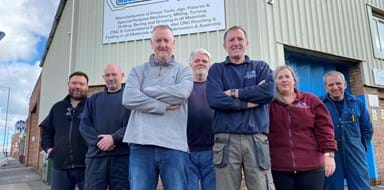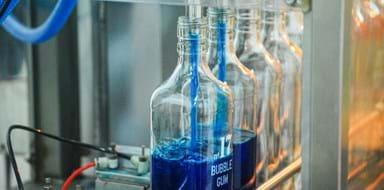All bicycles sold in the UK must conform to designated industry standards in durability. While it’s not a legal requirement to test a product before it goes on sale, it must be able to pass various tests. The only way of knowing whether they can pass in advance is to test them beforehand.
For a while, Islabikes was content with sending their new products to a testing facility in Warrington, Cheshire, as it was not too far away from their base in Ludlow.
But when the facility closed down, there were no other centres in the UK that allowed other manufacturers to use them. It meant the nearest facility was in Germany.
This greatly increased Islabikes’ costs, wait time for new products, and its carbon footprint.
Tim said: “It was incredibly frustrating that Germany was the nearest place for us to send our new bikes – nowhere else in the UK offered their facilities for testing.
“We knew an obvious next step would be to have our own testing facility like other manufacturers have, but we didn’t have the capital to make it a reality.”
Made Smarter contacted Islabikes in the scheme’s early stages, and Tim thought the potential £20,000 of funding could enable the business to build the new lab.
Support was also given for the development of a digital ‘twin’ model which could simulate parts of bike frames and create a predictive model for when bike failures would occur.
“We got in touch straight away,” Tim added. “Made Smarter replied quickly and we arranged a meeting with the team.”
Barry Jones, Digital Transformation Specialist at Made Smarter West Midlands, added: “Islabikes had spotted an obvious bottleneck in their production development cycle – sending their bikes to Germany for testing instead of testing them in-house.
“The main role for us was to reassure Islabikes was making the right decision, and to guide the business through the application process so the lab could actually get off the ground.”






